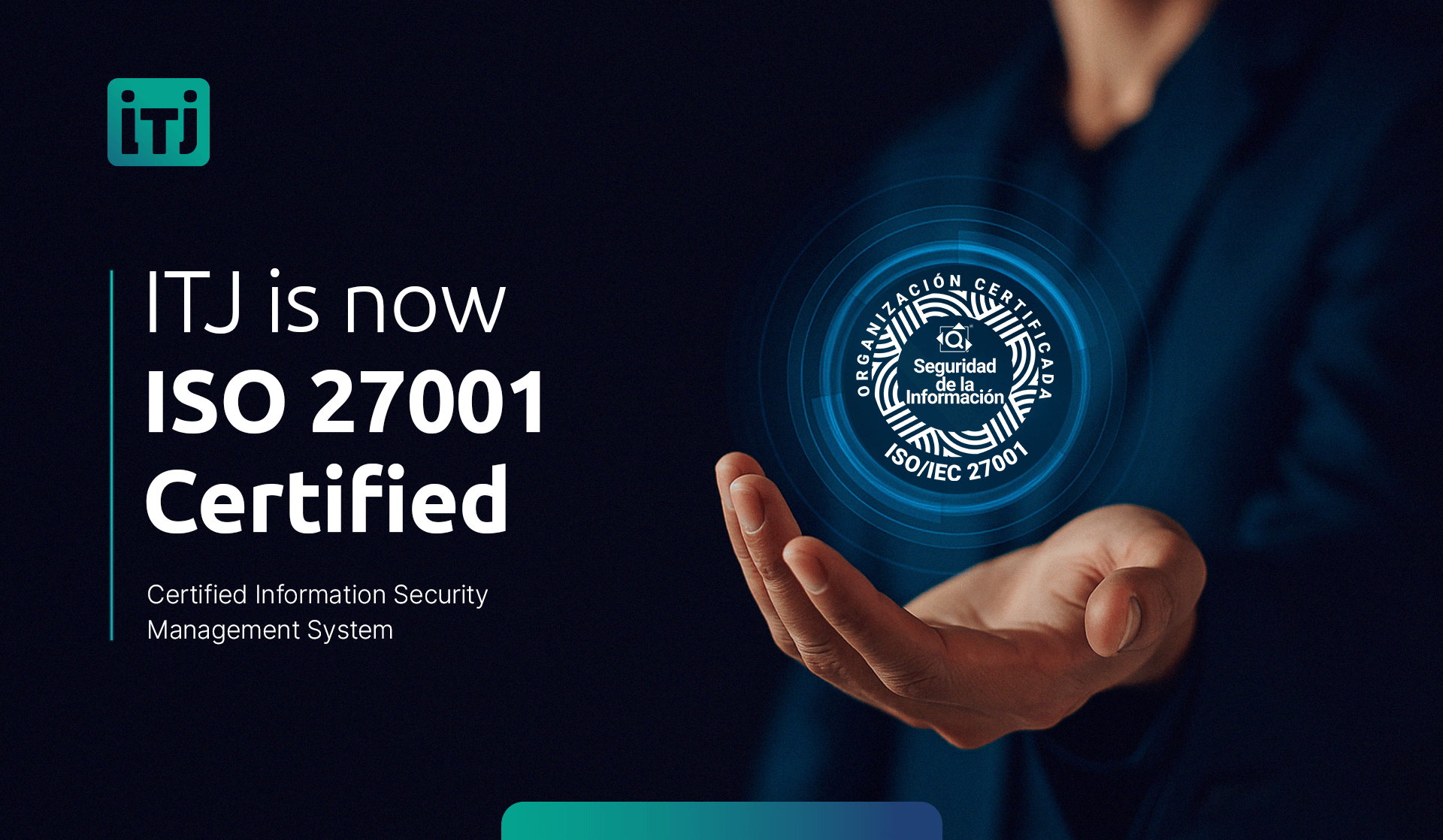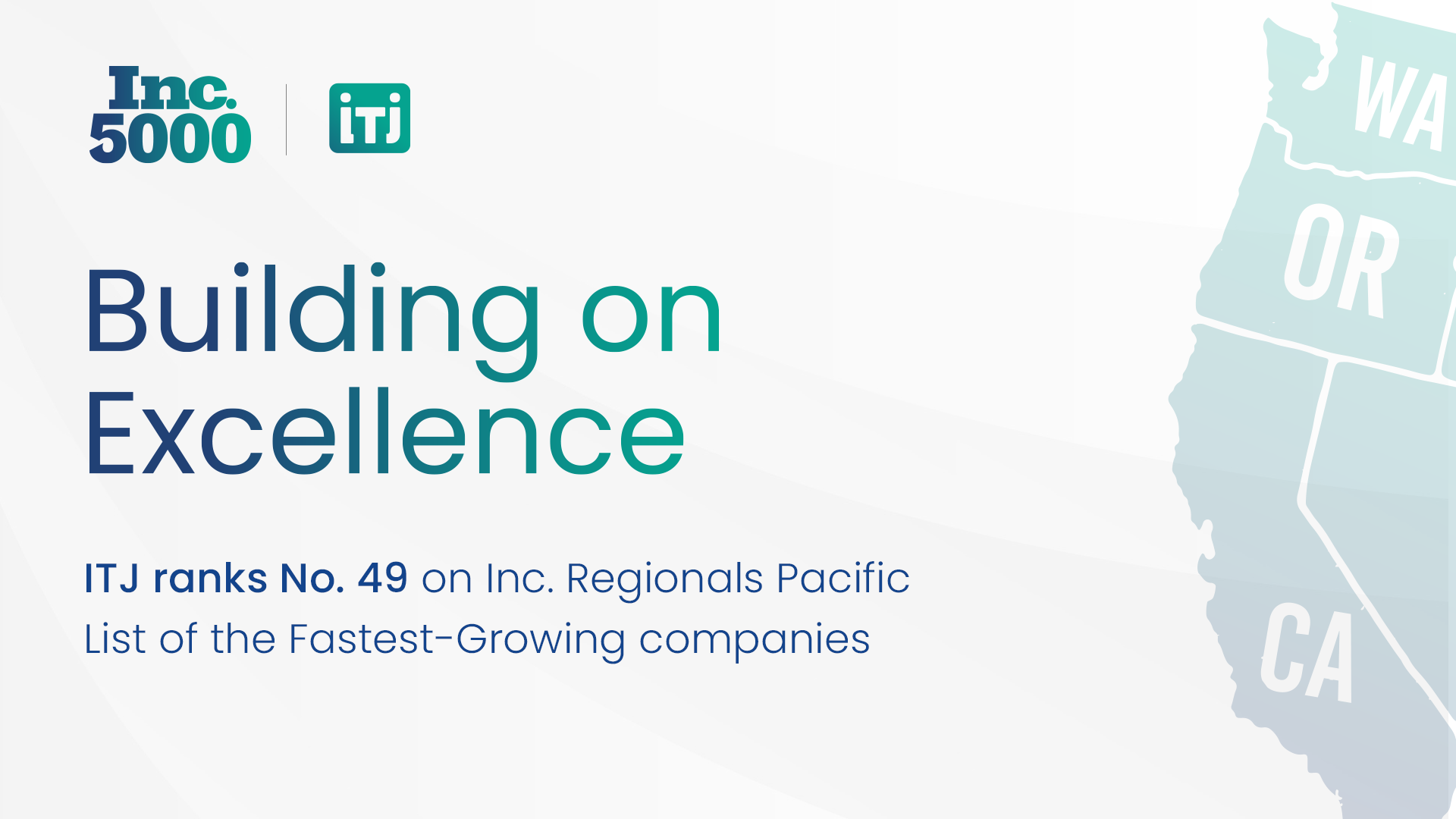In the realm of tech, few names resonate with the force of innovation as loudly as Salesforce. Here’s a fact that might reshape some common Salesforce myths: Its market share in the CRM software market stood at 23.8% in 2023, showcasing its dominance in this sector. This statistic dispels the idea that Salesforce is losing market share and illustrates the critical impact that Salesforce has played in influencing customer relationship management methods across sectors.
However, behind its omnipresence and market dominance lurk public perceptions that, though once rooted in fact, have evolved into myths. These beliefs may dissuade tech enthusiasts and prospective candidates from fully understanding the diverse world of opportunities that Salesforce offers.
Here we tackle Salesforce myths head-on, revealing the dynamic truth about this staple of the tech industry.
Salesforce Myths
Myth 1: Salesforce Is Just for Sales Teams
When sales force automation first entered the scene, it was, indeed, Salesforce’s most defining feature. But as the tech landscape shifted, so did Salesforce’s portfolio. Today, it’s mistaken to limit the platform’s scope to merely sales support. From marketing and customer service to IT project management, Salesforce adapts to diverse professional roles. With its comprehensive suite of tools and the capacity to integrate with countless third-party apps, Salesforce offers a robust foundation for any business function for any company.
Myth 2: Salesforce Technology Is Outdated
Salesforce has been a pioneer in leveraging cloud computing to empower businesses with flexible and scalable platforms, setting a benchmark for SaaS companies worldwide. The myth of obsolescence falls flat in the face of technologies like Einstein AI and IoT integrations that Salesforce incorporates into its native functionalities. By regularly updating and evolving its services, Salesforce remains not just relevant but a leader in the tech space.
Myth 3: There’s Little Room for Innovation within Salesforce
On the contrary, innovation is deeply ingrained in Salesforce’s ideology. The platform’s malleability allows for almost limitless customization, driving solutions for a myriad of business challenges. Moreover, the Salesforce AppExchange alone offers over 3,000 apps and components ready to plug into any organization’s setup. This promotes a culture of innovation that not only accommodates but actively seeks unique, client-specific adaptations.
Myth 4: Salesforce Skills Are Niche and Not Transferable
Salesforce equips professionals with a suite of skills that extend far beyond its proprietary applications. Training and experience in Salesforce technology means exposure to cloud computing, customer relationship management, and robust API functionalities — all highly transferable across the tech landscape. The high demand for Salesforce tech experts further underscores its value as a universally beneficial addition to any tech skill set.
Myth 5: Getting Certified Is Too Difficult and Not Worth It
While the path to certification might seem daunting, Salesforce provides candidates with a wealth of resources through Trailhead modules, live instructor-led courses, and a vast community of professionals. A Salesforce certification is not just a badge; it’s a testament to a professional’s dedication and competence. It opens doors to lucrative tech job opportunities and career advancement, making it a highly advantageous pursuit.
Myth 6: Salesforce Projects Are All the Same
Salesforce’s adaptability means that no two projects are identical. The ability to customize the platform according to unique business needs results in a tapestry of diverse projects. Whether it’s developing service cloud solutions for a healthcare company or streamlining operations for a manufacturing giant, each project presents its own set of challenges and learning opportunities.
Myth 7: Working with Salesforce Doesn’t Offer Career Growth
The misconception that a career with Salesforce is a dead end is completely untrue. Continuous, exponential growth defines the trajectory for many Salesforce jobs. Roles like Salesforce Architect, Developer, and Consultant not only exist but are rapidly expanding in quantity and sophistication, promising an exciting tech career with ample room for personal and professional growth.
Myth 8: Salesforce Is Just a Tool, Not a Career Path
Salesforce is not just a tool; it’s a fully-fledged ecosystem that nurtures careers. The robust community surrounding Salesforce includes developers, admins, and consultants who enjoy a wealth of professional opportunities, making it a premier choice for those seeking a long-term career in tech. Moreover, the platform’s commitment to education and professional development ensures that tech careers in Salesforce are as dynamic as the platform itself.
The Future of Salesforce
Salesforce’s role in the tech industry’s future is one of continued innovation and adaptation. It’s a visionary force bridging the gap between businesses and cutting-edge technology, transforming the way we operate. With the rise of digital transformation, Salesforce is poised to be a key player, and mastering its ecosystem promises to be a strategic move for tech professionals looking to lead in the digital age.
Debunking these Salesforce myths reveals a platform that is not only current and dynamic but also a launchpad for diverse tech careers. With the flexibility to cater to various industries and problems, Salesforce is a canvas for enterprise creativity and a gateway to a fulfilling, evolving career in tech.
To those considering a path with Salesforce, now is the time to immerse yourself in this powerful platform. To the skeptics, we invite you to reevaluate and explore the wealth of opportunities that Salesforce has to offer.
Dive deeper into the dynamic world of Salesforce by exploring our open positions. Beyond what you already know lies a universe brimming with possibilities. Seize this opportunity to make your mark in an ever-evolving industry.
About ITJ
ITJ is devoted to serving fast-growing and high-value market sectors, particularly the Internet of Medical Things (IoMT), working with innovative medical device companies looking to improve people’s lives. With a unique BOT (build, operate, and transfer) model that sources only the best digital talent available, ITJ enables companies in the US to create technology centers of excellence in Mexico and LatAm. For more information, visit www.itj.com.


